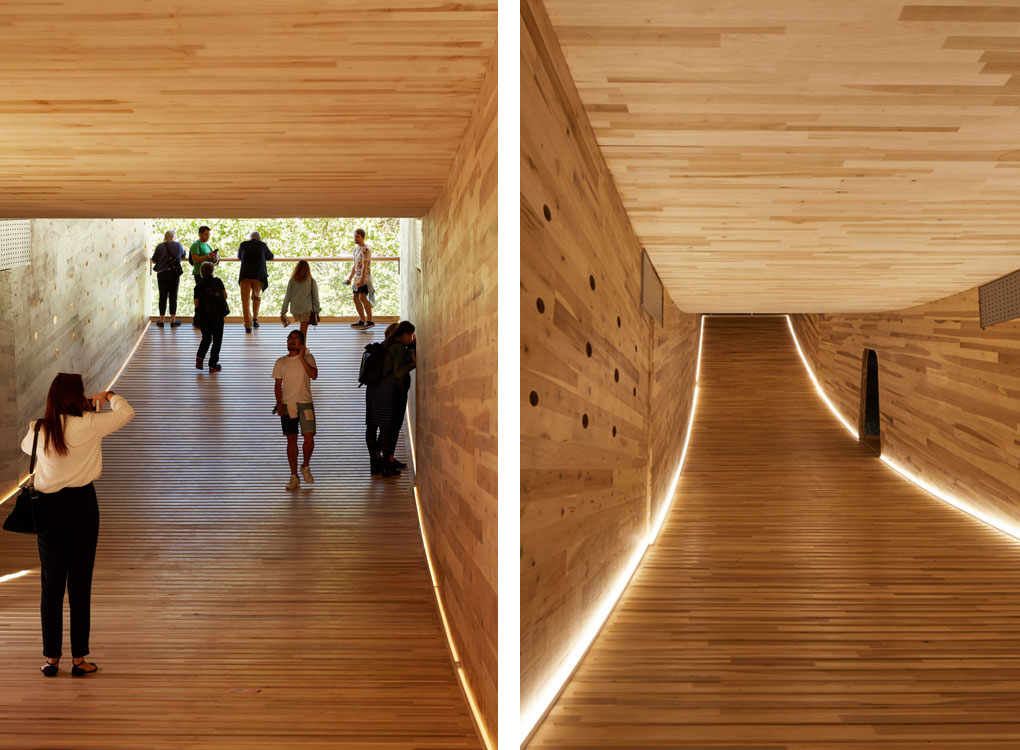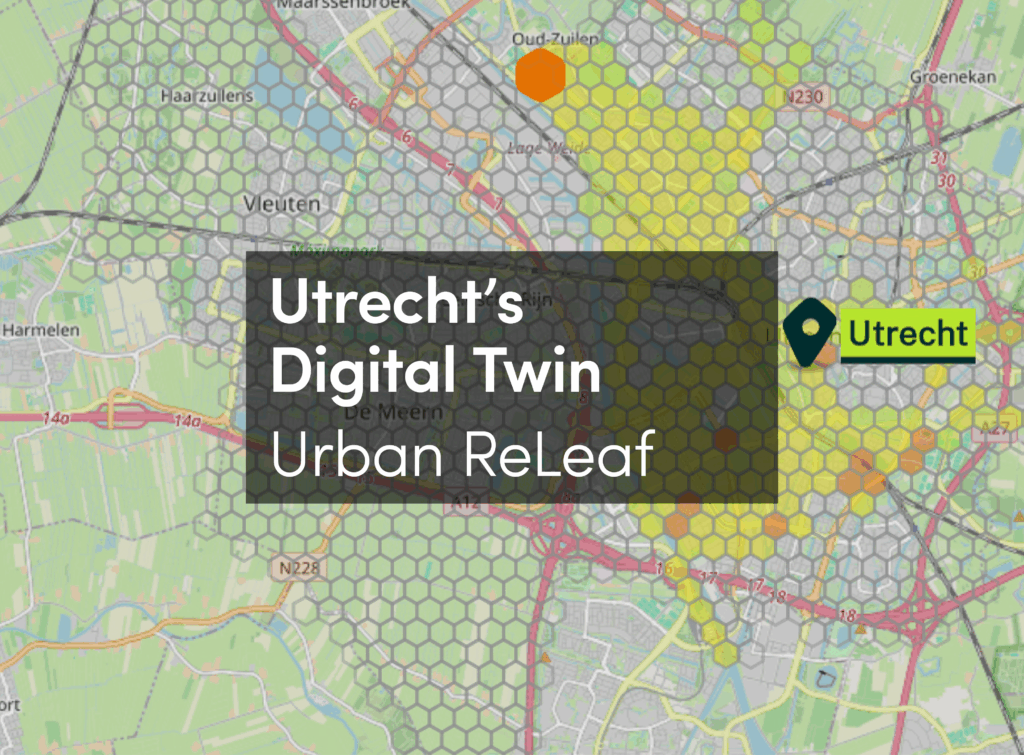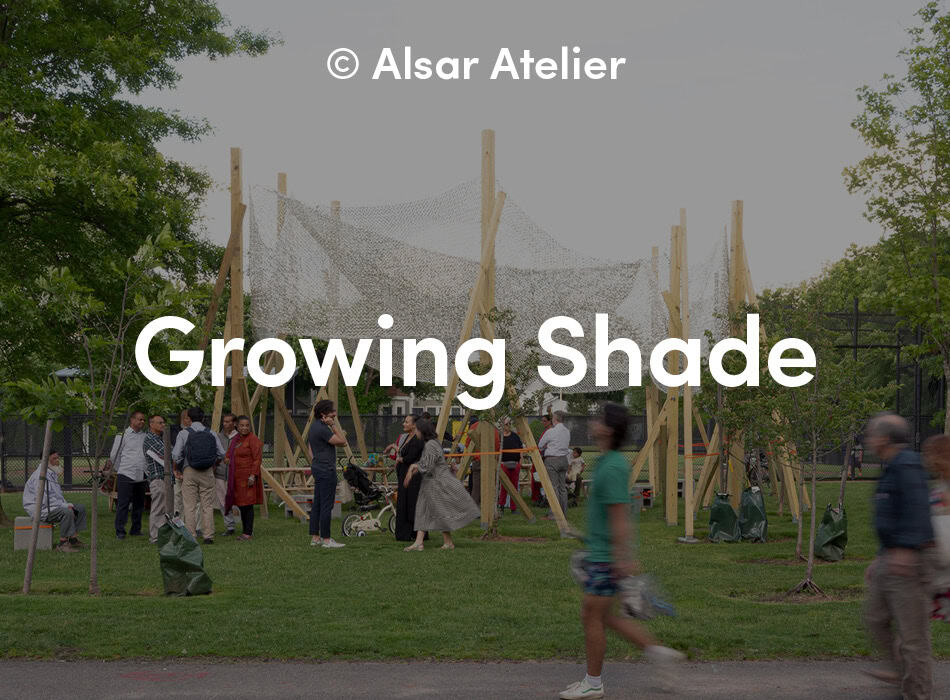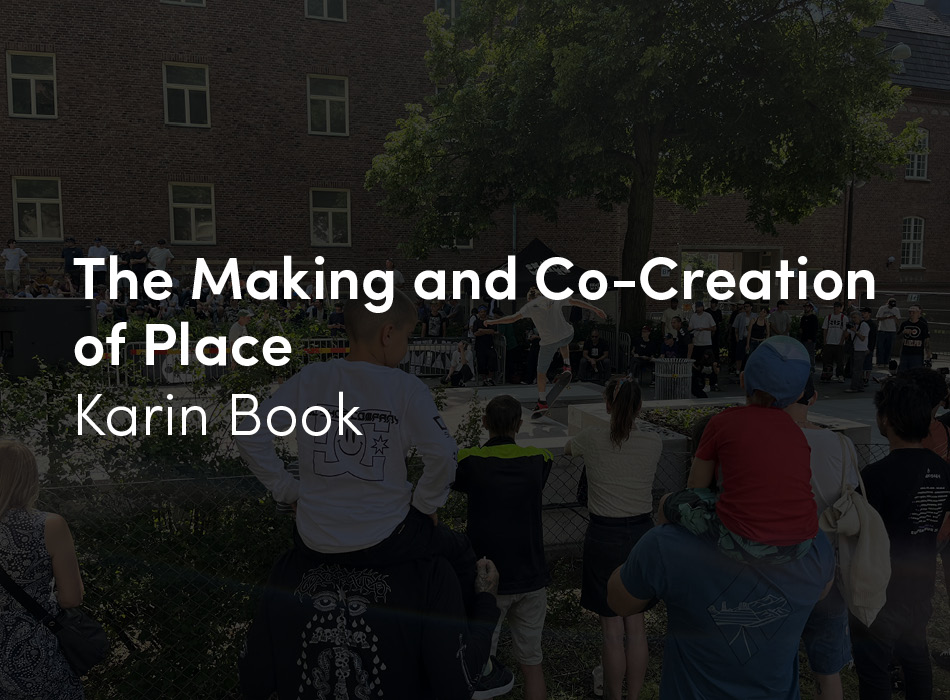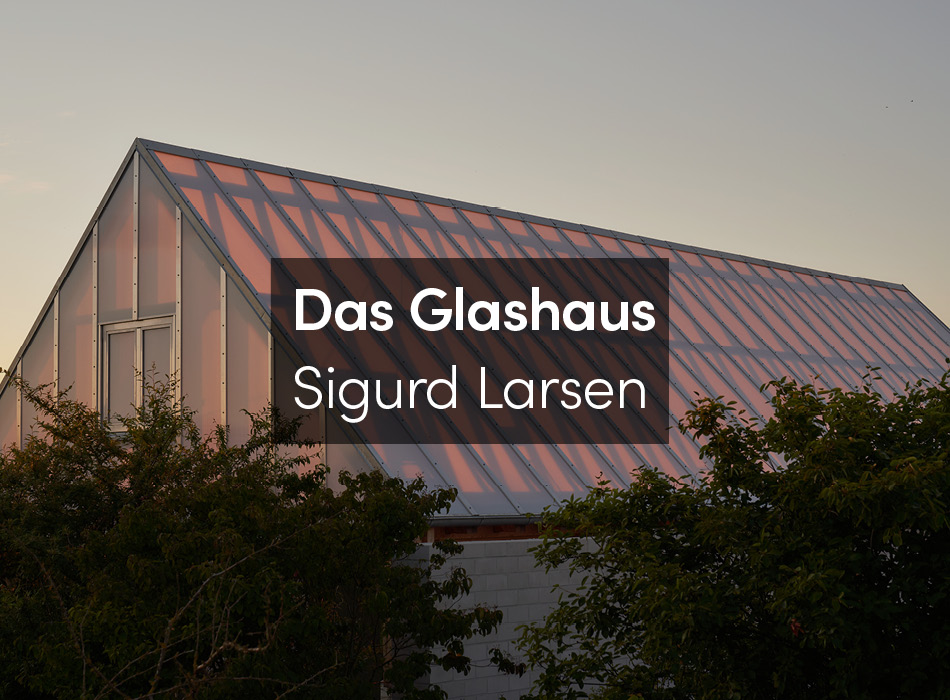‘The Smile’ was a hugely successful Landmark Project for the 2016 London Design Festival. Located in the Chelsea College of Art (UAL) Parade Ground this 136sqm public pavilion was constructed entirely with cross–laminated American tulipwood.
Conceived as a habitable arc poised on the horizon, the Smile was a four sided curved timber tube that cantilevered 12 meters in two directions from its centre point – a world first. Entering The Smile through an opening where the arc touched the ground, the visitor could walk (or run!) from end to end of the 34-metre-long dynamically curved space, gradually rising toward light. Each open end of the tube offered a viewing platform to enjoy unique, focussed views of London. A segment of a 100m diameter circle, the Smile offered an immersive sensory environment integrating structure, surface, space and light.
Site Plan
Axonometric View
Longitudinal Section
The Smile was prefabricated as 12 industrial-sized tulipwood CLT panels by CLT pioneers, Züblin-Timber in Germany. Up to 14m long and 4.5m wide, these were the largest ever to make it into production. We introduced perforations in the walls — concentrating where there is less stress on the structure and dispersing where the timber is working harder — to create a form of structural ornament, bringing dappled sunlight to the interior. At night, when the interior was lit, the pavilion became a giant lantern.
Arup applied their latest timber research to devise a structural connection system of 4000 screws over a foot long that can be installed with an ordinary rechargeable screwdriver. At the tube’s mid-span four 1m long steel plates connected the main structural panels at high level, also using screws.
The Smile – construction process from Alison Brooks Architects.
With 30,000 visitors and 290m online views, the Smile sparked a global audience through its pure form, its inventive use of material and its extraordinary engineering achievement.







